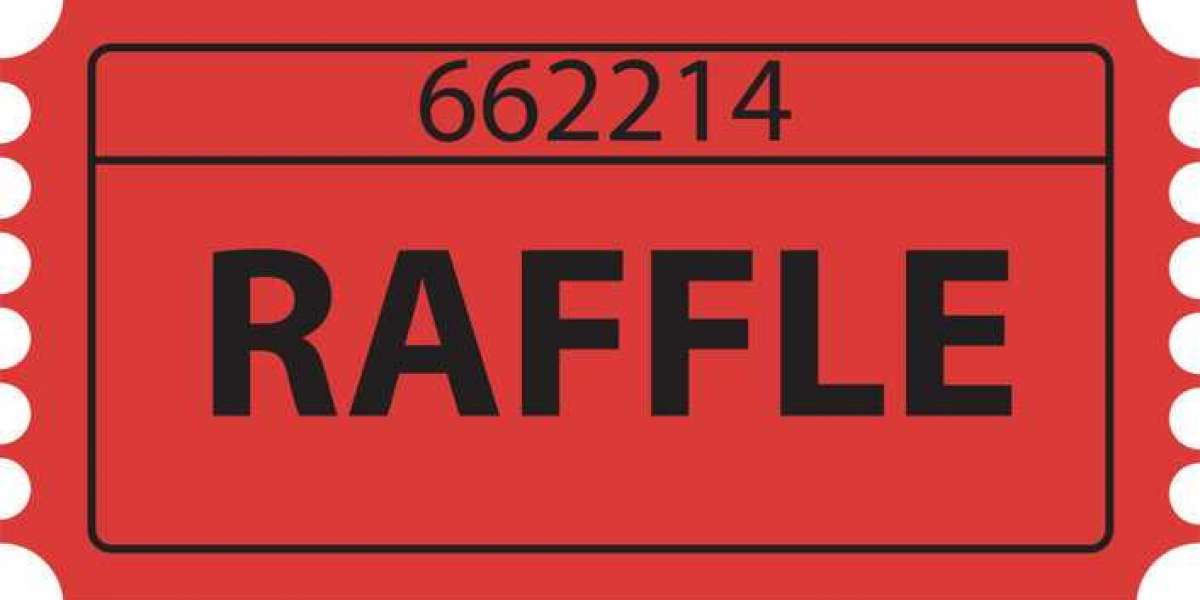A raffle can be an excellent way to raise funds and spread the word about your organization. Prizes such as designer clothing or a trip to exotic locales can generate high ticket sales.
A raffle’s ticket price should be based on the target audience’s demographic and financial means. It should also be a balance between affordability and revenue generation.
Prizes
Choosing the right prizes for your raffle can have a significant impact on ticket sales. Larger prizes require more money to be sold, so it’s important that you factor in their cost when determining your pricing strategy.
The prize’s perceived value should also be taken into account when determining ticket prices. A high-value prize can drive more donations and ticket sales, while a low-value prize may not draw as many buyers.
In addition to selecting the right prize, it’s critical to establish a fundraising goal for your event. This will help you determine how much to charge for tickets and ensure that your goal is met.
Another important factor is how trustworthy the people selling tickets are. If 2 scruffy teenage kids are selling your raffle tickets, you’re going to struggle to sell as many as a well dressed older couple. Also make sure that the winner of the raffle is drawn in a transparent way – for example, with a transparent jar or lottery wheel.
Affordability
Raffle ticket prices are an important factor in a successful fundraiser. If the price is too high, people will be less likely to purchase tickets. On the other hand, if the price is too low, the organization may not reach its fundraising goal. In order to find the right balance between affordability and value, nonprofit organizations should consider their target audience’s demographics and financial means when determining ticket pricing.
Nonprofits should also consider the costs of distributing and selling tickets when calculating their ticket price. This includes printing costs, advertising expenses, and any additional fees that may be associated with the event, such as venue rental or food costs. Additionally, they should consider the cost of any purchased prizes and any other costs associated with running the raffle.
Finally, they should determine how many tickets to sell in order to generate the desired revenue. This will help them avoid overselling and underselling their tickets. Typically, raffles will offer discounts if participants buy multiple tickets (e.g., 3 for $2 or 5 for $10).
Marketing
Raffle fundraising can be a great way to raise money for your organisation, but it’s important to set the right ticket prices. A high price tag can turn away potential buyers, even if your prizes are exciting. In addition to choosing the right ticket price, you must also promote your raffle effectively to attract the best audience. This can be done through social media, email and other channels. Other strategies include offering discounts and bundle deals for multiple purchases, and leveraging sponsorship opportunities with local businesses.
The right ticket price should reflect the value of your prizes and the demographics of your target audience. In addition, you should factor in all expenses related to the raffle, including prize costs, printing and marketing materials, event costs, payment processing fees, and other miscellaneous expenses. Lastly, you should consider your fundraising goal and how many tickets you expect to sell. This will help you determine a ticket price that will meet your financial goals and generate a profit.
Legality
Raffles are a popular fundraising option for nonprofits, mainly because of their low entry cost. However, they are subject to state and local laws and regulations. Some states require a permit to host a raffle while others consider them lotteries and have outlawed them entirely. It’s best to check online for specific raffle laws and regulations in your area.
The Internal Revenue Service considers raffles a form of lottery, so they should be run according to the law. This includes registering your raffle with the IRS and paying taxes on the prize money. You should also make sure that all ticket purchasers have an opportunity to participate in the drawing.
Nonprofits can raise a large amount of money using this type of fundraiser. However, it’s important to set a realistic funding goal and calculate the total expenses. This includes prize costs, printing and marketing materials, payment processing fees and other miscellaneous expenses. It’s also important to ensure that the event is safe and well-organized.








